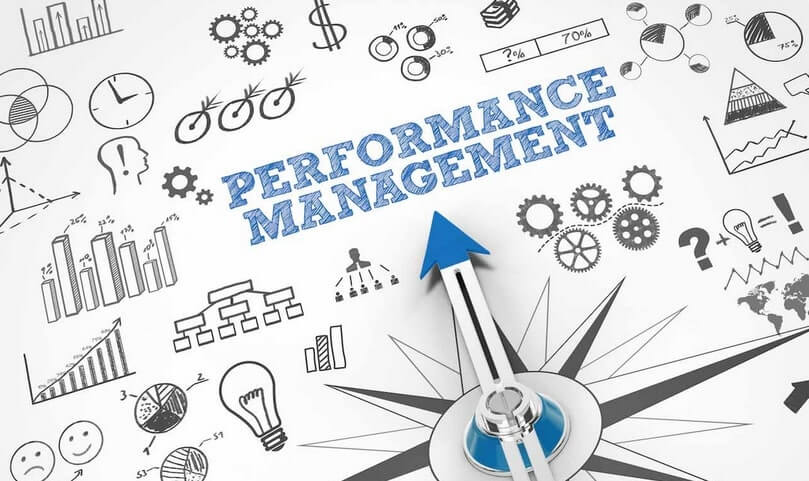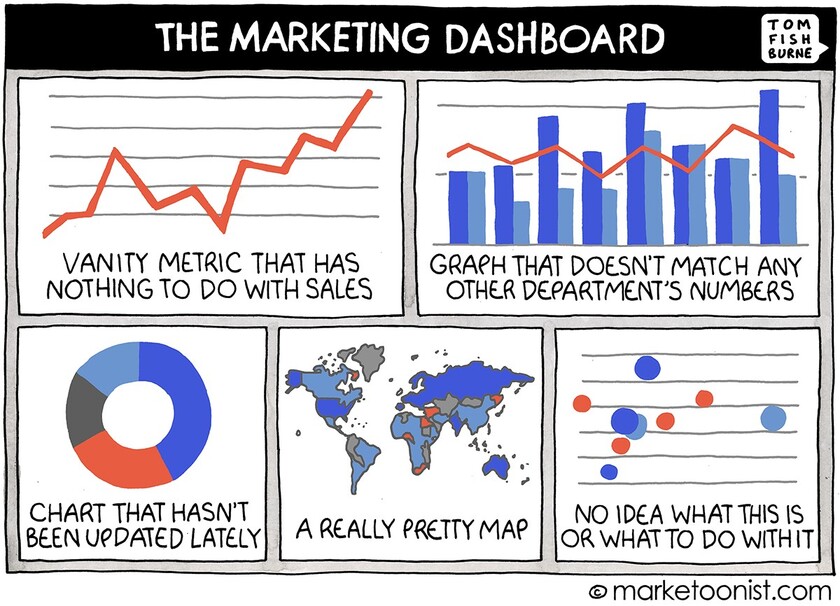Moving the needle means making changes in your business that make a difference, not only to the “bottom line”, but also in health of your business. Your car speedometer needle moves when you press the accelerator. That’s a direct result of that action and thus the needle tells you of the direct result of increased speed. So, we pay careful attention to this key indicator.
All too often, organizations fall into the trap of monitoring, tracking, and reporting on behaviors, activities and indicators that, on the surface, may seem relevant but fail to translate into meaningful impact and positive change.
It’s akin to watching the speedometer needle move without experiencing any tangible change in the actual speed of the vehicle. Or worse, it’s like not having a speedometer at all, and simply relying on the tachometer. It will tell you how fast the engine is spinning, but doesn’t deliver very useful and impactful information relevant to the speed of the car. Lots of reports deliver cool information but it may not be very useful.
“My job has two parts,” said Christopher, a Senior Project Manager and client at my last company. “I spend about 75% of my day managing and coordinating development projects, but then 25% of my time is spent filling in reports for KPIs (Key Performance Indicators) that mostly aren’t relevant or impactful. I have eight to 10 weekly numbers to monitor, but the correlation to my work is mostly non-existent.”
“It’s time-consuming and frustrating to report on numbers that don’t make sense for my work, job or more notably the organization and it’s core business. The KPI’s may have been relevant at some point in time, but they no longer align with our work and what we are trying to accomplish. Furthermore, it’s demoralizing when I don’t meet the KPI set goals and targets because it ultimately reflects poorly on me, albeit the projects are doing great.”
The designated KPI’s aren’t moving the needle. Changes in those values don’t report to, update and inform how the business is performing. This is because they aren’t tracking relevant and applicable activities. KPI’s are most effective when they align with your organizations overall Goal(s).
The various activities you do affect this goal(s) and when you miss your KPI targets, you know precisely what to do differently because each KPI is monitoring very specific activities.
Does the number of ‘likes’ for a blog translate to better business performance? Does the number of outbound sales calls made, affect sales? If they do not or you do not know, then why measure and track them? The number of sales calls made will tell you if someone is busy or not, but you need to ascertain that this activity generates additional sales, or it is simply not worth tracking and most likely not worth doing and with little value. If the task of outbound sales calls is no longer working and providing value, then stop doing it and, don’t track it and update your KPI’s.
To ensure that you are measuring what truly moves the needle, businesses need to define and prioritize KPIs that align with their strategic goals. Don’t pick KPIs from a top-10 list or because some other company is using them. KPIs should reflect the critical drivers of success and therefore track the specific activities that positively affect your goal. By focusing on these core metrics and KPIs, organizations can cut through the “noise” and focus on and pinpoint the factors that truly impact their bottom line.
Additionally, the dynamic nature and focus on continuous improvement of the business landscape requires a periodic reassessment of chosen metrics. What might have been a relevant KPI in the past may not hold the same significance and impact today.
Businesses and organizations should adapt and evolve their measurement strategies to continue to remain aligned with changing market dynamics, consumer preferences, and industry trends.
In conclusion, moving the needle in a business and organization requires a discerning approach to metrics.
It is not about the sheer volume of data tracked, but the relevance and impact of the data being measured. By consistently evaluating, adjusting and updating your KPI’s to reflect the ever-changing business landscape, you can ensure that your efforts are focused on what truly matters – making a significant, lasting and institutionalized difference in the performance and success of your organization






